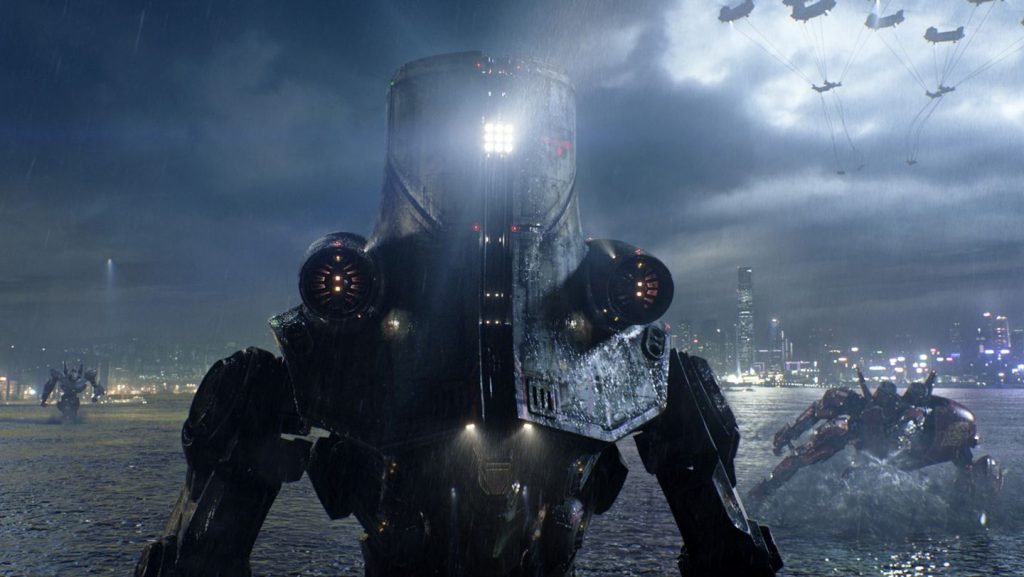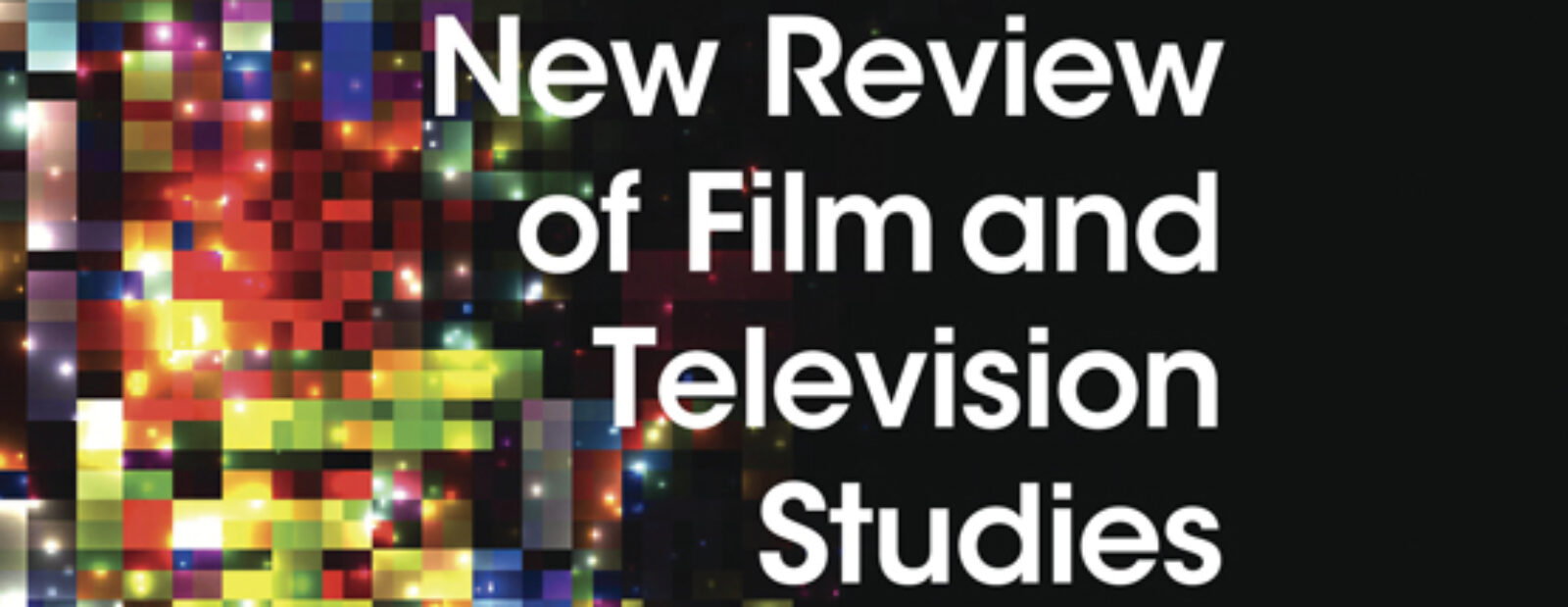
By Jamie Uy & William Brown
Excerpt: “If this sounds like the standard fare of action-driven alien invasion movies, then ideologically the film would ostensibly embrace a similar logic, in that the kaiju come here only to fight, and so must be defeated – technologized humans thus sending packing alien invaders who, put simply, are not welcome. However, while this might seem like an open-and-shut case of conservative politics, one that is not least reaffirmed through the attempt in the film by humans to put up giant walls around coastlines in order to prevent the kaijus from reaching human terrain, there is in fact a more nuanced perspective on offer. For, these ‘alien invaders’ actually come from ‘this’ Earth via a dimensional breach in the Pacific Ocean as opposed to from outer space. As jaeger pilot Raleigh Becket (Charlie Hunnam) explains in the opening voiceover narration, he used to ‘look up at the stars’ and wonder as a kid if there was ‘life up there’, before then discovering that ‘when alien life entered our world it was from deep beneath’. In other words, the kaiju problematize our notions of ‘the world’ and ‘our planet’ as anthropomorphic space or ‘human’ territory, suggesting instead that we share our planet with other lifeforms that arrive not from outside, but from within, via dimensions of our planet that are otherwise invisible to us, and which thus expose our understanding of the planet (and of our reality) as limited.”
Read full article here
